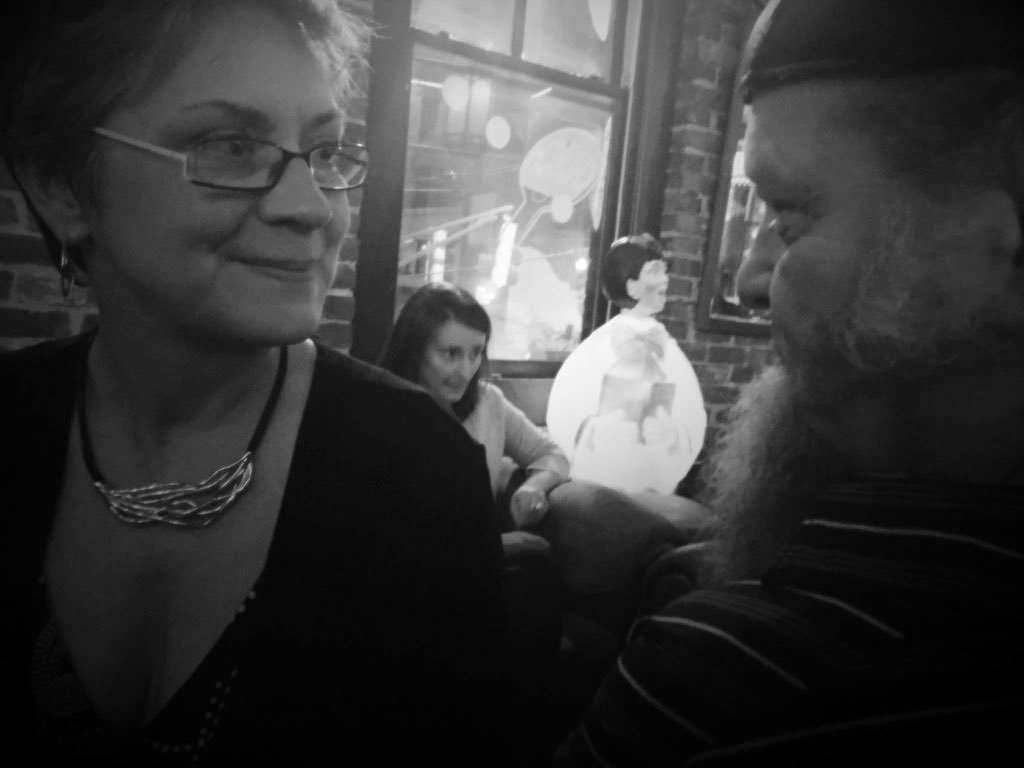The Rev. Gretta Vosper and her heretics — pardon, congregants — had their brief moment at the Inquisition yesterday — pardon, hearing. The deciders in the United Church of Canada will now pray, ponder, then render judgment.
Vosper is charged with not believing “in God, Jesus Christ or the Holy Spirit,” for which she could be defrocked — a term sounding newly pertinent in the era of the burkini. She calls herself an atheist, as regards the traditional “God” but says she understands “god” (she prefers lowercase) in her own way; so she both denies and affirms.
This isn’t Richard Dawkins’s atheism. The issue surfaced when she wrote an open letter on the Charlie Hebdo massacre saying bad things can be done in the name of God — hardly controversial or atheistic either. You could even argue that the Bible’s second commandment against worshipping false gods makes exactly her point.
As a teen, at Holy Blossom Temple, I read a novel by a rabbi, As a Driven Leaf, about a Talmudic-era sage named Elisha ben Abuyah, who raised impudent theological questions. He was in effect excommunicated and henceforth referred to as “the other” but remained revered by some sages and in subsequent tradition. Heresy in the name of faith and the truth — especially about the divine — has always been an intrinsic part of religions.
So, starting in the 1200s, a book known as The Atheist’s Bible — attacking Moses, Jesus and Mohammed — was denounced by religious authorities — and it didn’t even exist. Eventually, centuries later, it got written, as if it was necessary. In the 1960s, there was a “Death of God” movement inside U.S. Protestantism.
Vosper is in this tradition. She’s obsessed with god and writes books defining her concept. She says she believes in “a metaphorical God, as a symbol for a set of values.” She argues we “create god,” which in turn empowers us.
So yes, she’s being metaphorical but in theology, what isn’t? Surely most Greeks didn’t think actual gods lived up there on Olympus. There’s a developed theology of “demythologization” in Christianity. Atheism could end up as just another metaphor. One minister insisted the United Church “typically” affirms something “beyond material reality…more than the eye can see.” Okay, but who in the era of quantum physics wouldn’t affirm that? There are also groups of clergy who, like Vosper, “no longer hold supernatural beliefs.” But even that seems murky since it’s unclear what supernatural means today.
UCC clergy are expected to be in “essential agreement” with basic church doctrines but that can get pretty metaphorical too (“God is Holy Mystery…Mother, Friend, and Comforter”), leaving, says the UCC’s own journal, “plenty of leeway, God-wise.” And just how much is “agreement” really worth? Conrad Black, in his press lord days, apparently considered buying the Star so he was shown the leftish Atkinson Principles, which are legally built into the paper’s DNA. He looked at them and said something like, “Yah, I could sign on to that.”
If there’s anything innovative in Vosper’s challenge, it may be her serious treatment of the term “atheism.” “New” atheists, such as Dawkins, just toyed with it, setting up simplistic, primitive versions of religion that they then debunked, like naughty kids in Sunday school. Vosper agonizes over the word, searching for any meaning it might have in religious settings. Such efforts keep religions vital.
In my own transition out of seminaries, for a long time I’d call myself an agnostic, till one day I thought, “Oh hell, I’m an atheist.” It wasn’t dramatic, more like the way a snake sheds its skin or, perhaps, being defrocked. In Obama’s first inaugural he mentioned atheists respectfully, which may have been a step along the way to rehabilitating the term in the U.S. context.
I used to ask people I knew at Union (protestant) seminary in New York how serious they were about Christian doctrines, like sin and salvation. Or was their Christianity just an autobiographical accident of birth through which they got attached to certain rituals, music, images etc., they were reluctant to abandon. I think those remain issues, especially in a globalizing world. In a way, Vosper is just stating the obvious and her opponents, merely postponing the inevitable.
She and her flock sound like they simply want a little meaning in their lives that feels really — meaningful. Can the United Church accommodate that?
This article was first published in The Toronto Star.
Like this article? rabble is reader-supported journalism. Chip in to keep stories like these coming.
Image: Twitter/@grettavosper



